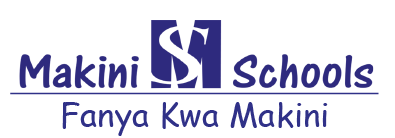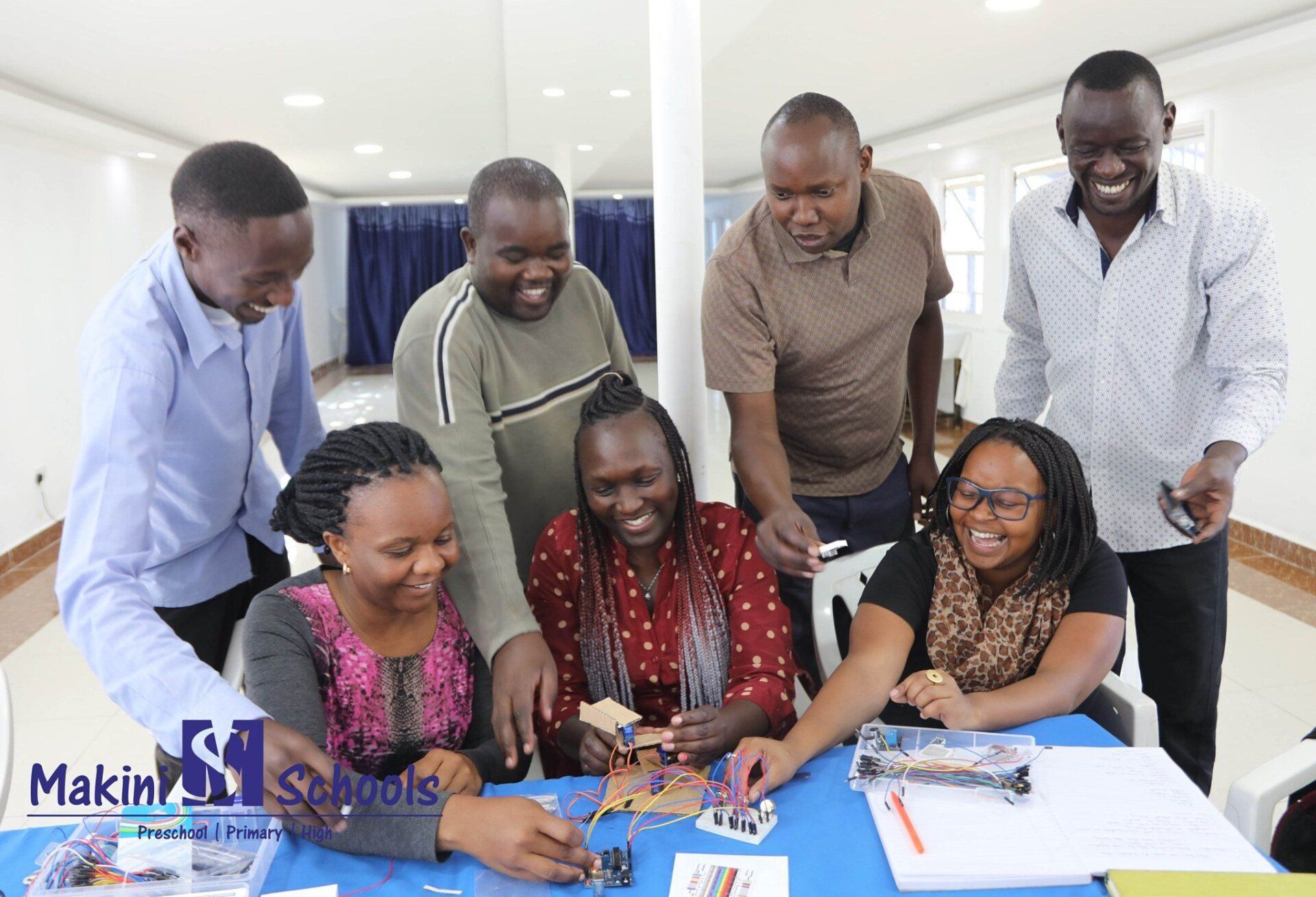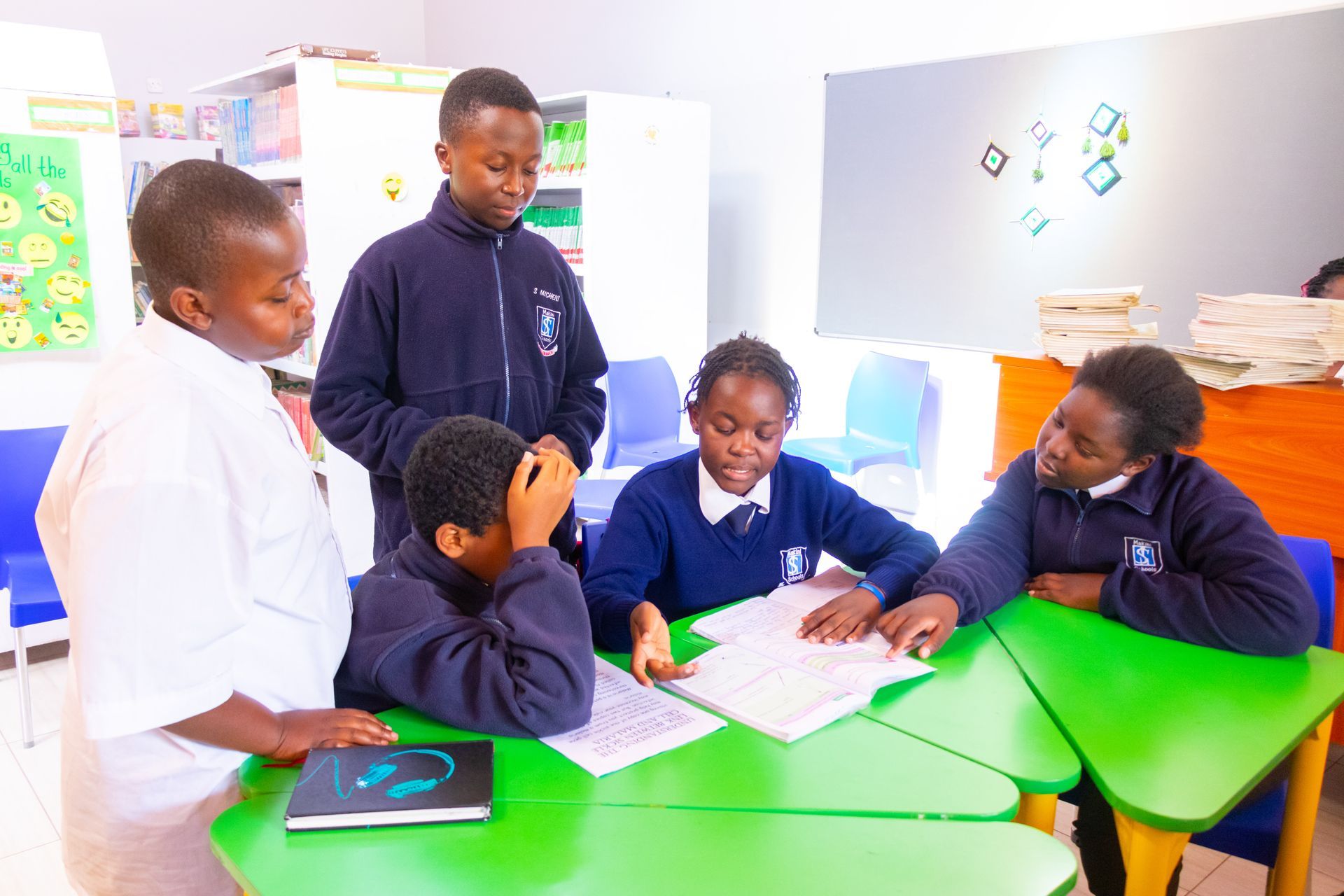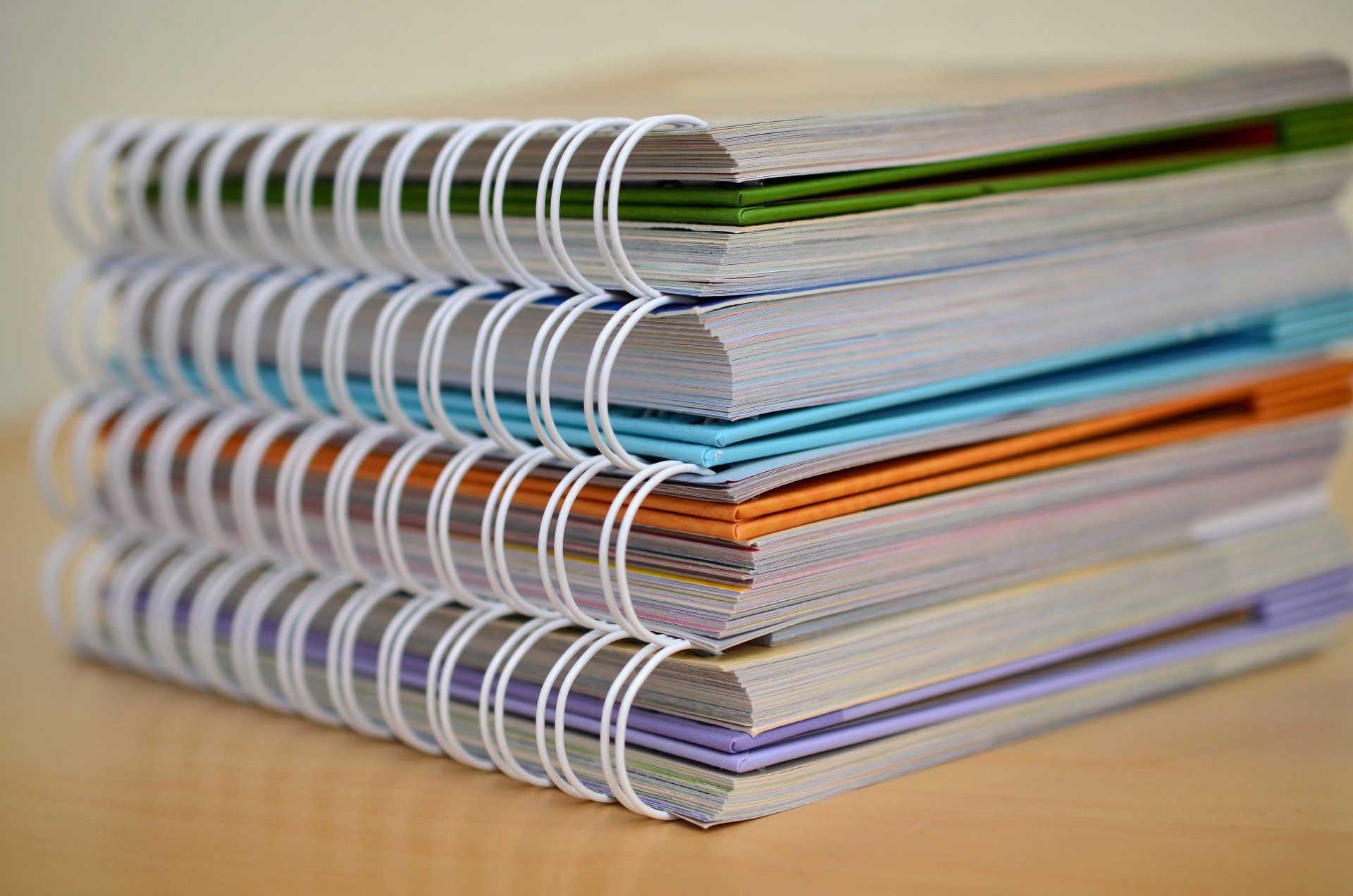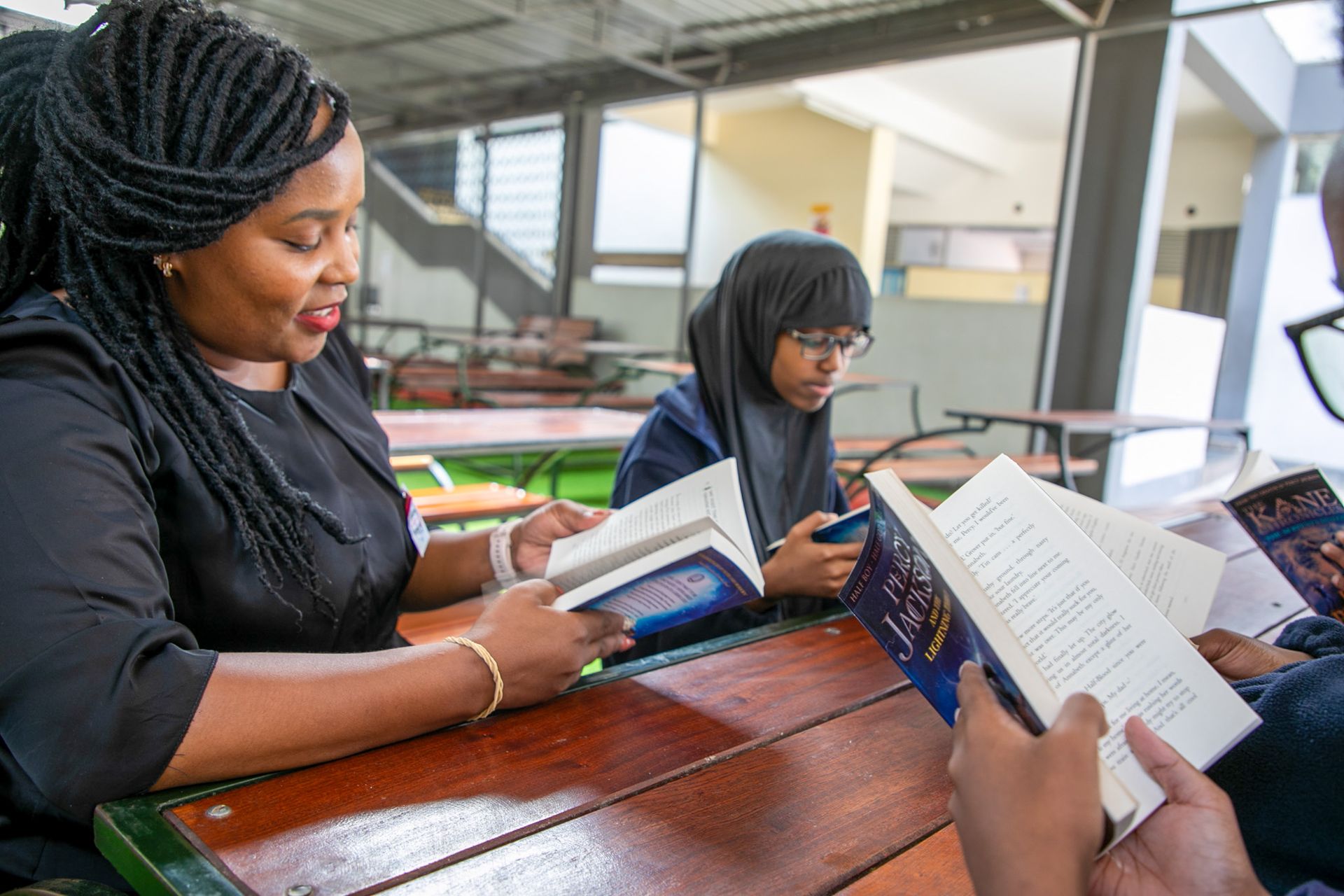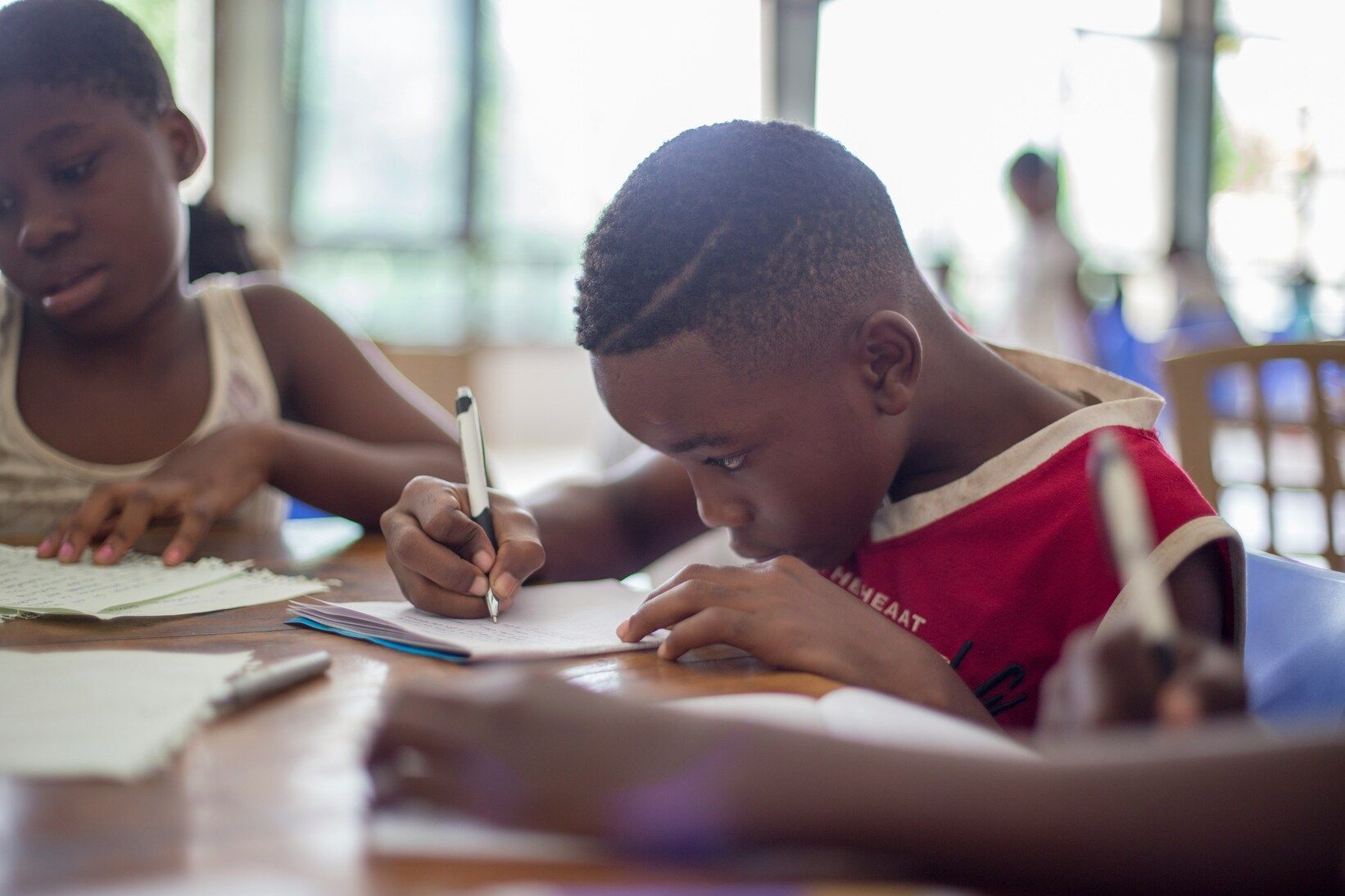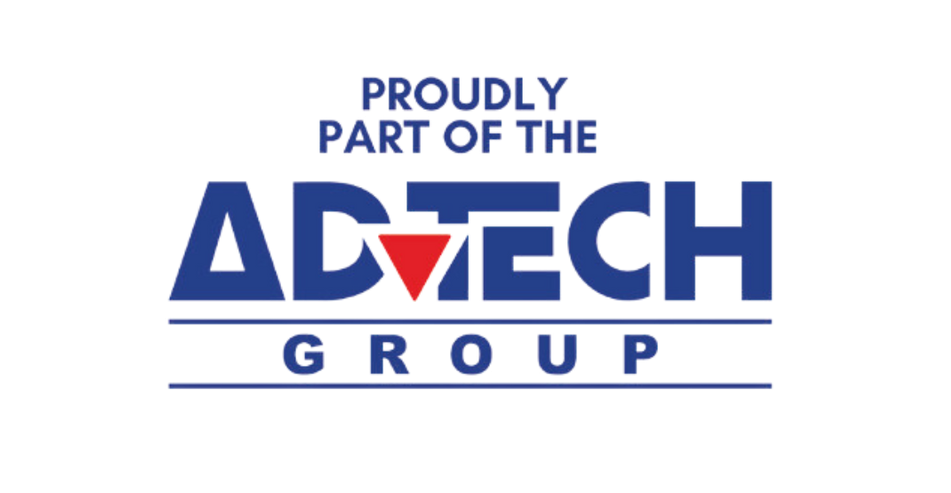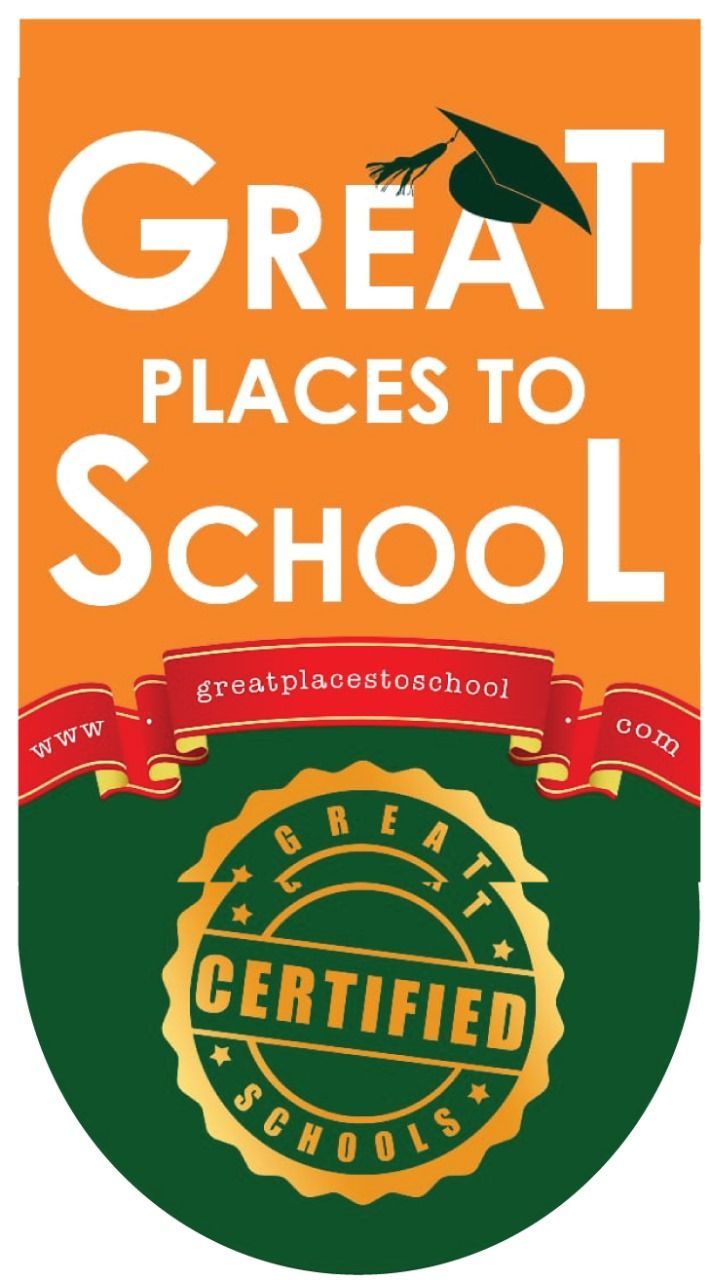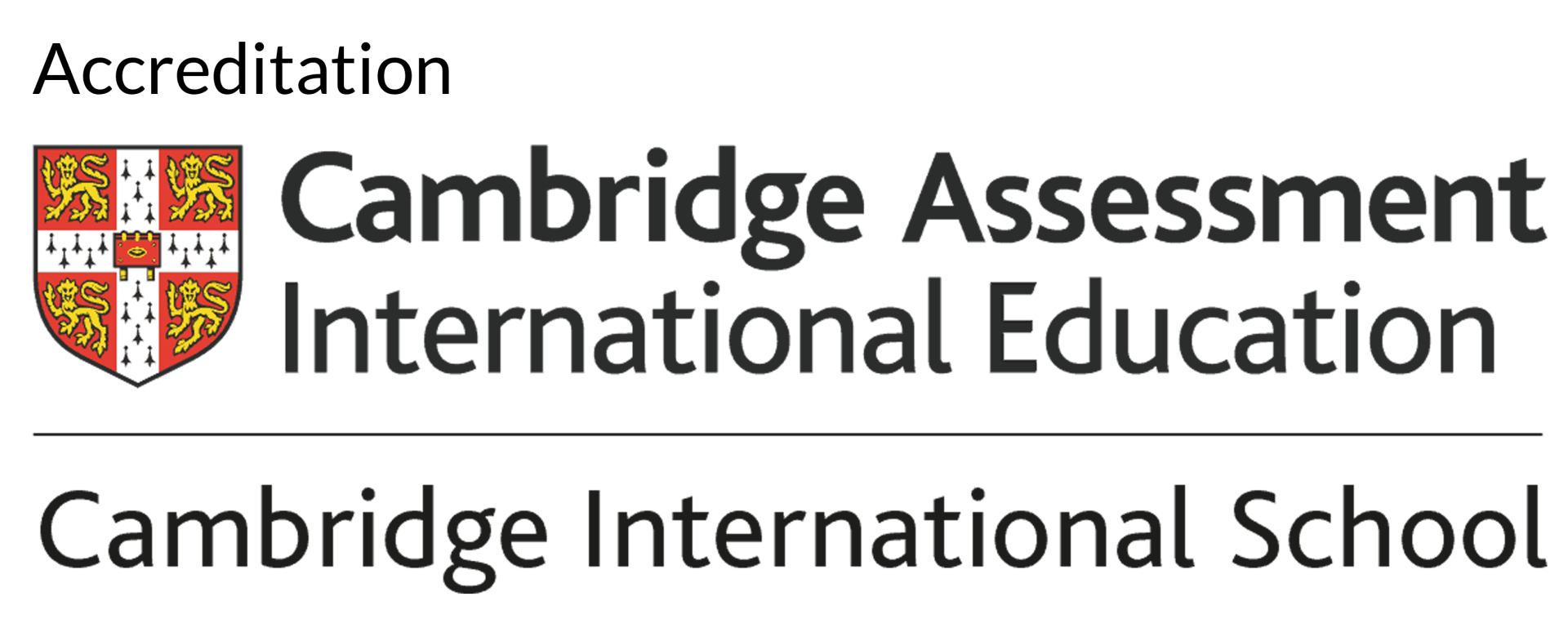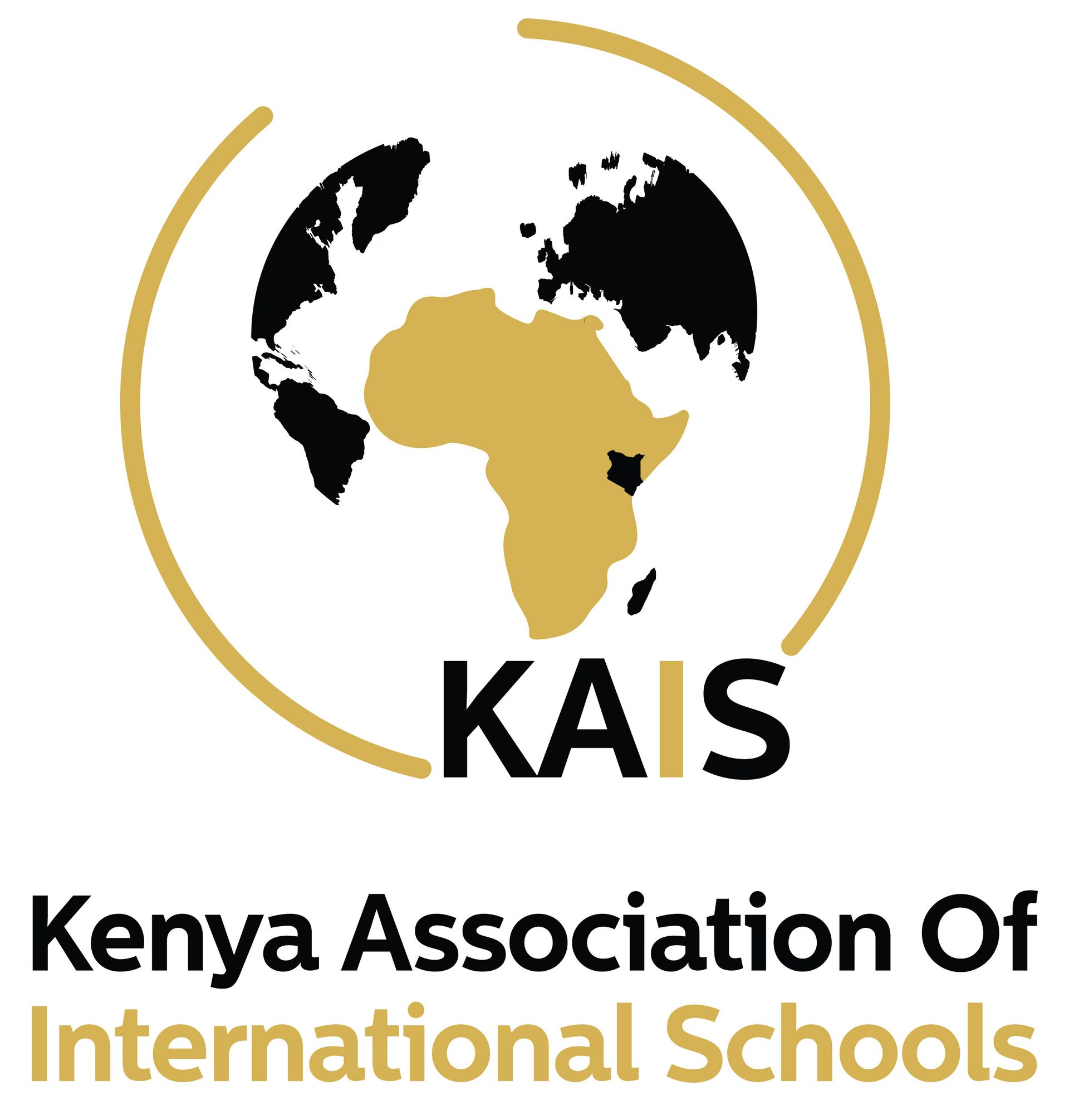The Benefits of Arts and Music Education at Makini
At Makini School, the benefits of arts and music education are a major part of our holistic learning approach. With the world constantly changing, it is important for us to nurture well-rounded learners who are equipped for success. Through Makini School arts programs, learners are exposed to creative endeavours that enhance their learning journey and promote their personal growth.
Arts and Music Education at Makini School
Makini School has a vibrant and well-established extracurricular culture and the importance of it is vital to learners’ educational journeys. This includes the arts and music, which has been strategically designed to stimulate creativity, enhance cultural expression and support academic excellence. The importance of music education in schools is evident at Makini School. Our learners take part in lessons which cover many different parts of music, including instrumental training, vocal coaching as well as theory. The visual and performing arts include drawing, painting, drama and dance classes. These programmes are supported by our state-of-the-art facilities, knowledgeable instructors, and a wide variety of opportunities where learners can show off their talents.
Understanding the Different of Benefits of Arts & Music Education
Cognitive and Academic Benefits
The impact of arts on academic performance has been well researched. Studies show that learners who engage in music and the arts are often the ones who do particularly well in subjects such as mathematics, science and languages. At Makini School, students involved in arts and music programmes have better memories, problem-solving skills and critical thinking abilities. Research suggests that musical training enhances brain function, leading to better concentration and comprehension. By incorporating the arts into school life, Makini helps learners to build their cognitive development and achieve higher academic results.
Social and Emotional Development
When learners participate in Makini School arts programs, their social and emotional skills are also developed. Through group performances, ensemble work and creative collaboration, learners get hands-on experience of working in teams, they learn to communicate effectively and they develop empathy. These vital activities build self-confidence and emotional resilience. This assists learners in expressing themselves in ways that are helpful and constructive. Arts and music fosters self-esteem and a sense of accomplishment, which reinforces our belief that holistic education at Makini School is capable of building intellect as well as character.
Cultural Awareness and Expression
One of the most important aspects of the arts curriculum at Makini is its focus on cultural education in Kenyan schools. Traditional Kenyan music, dance and visual arts are included in our programmes. This help our learners to appreciate their culture and heritage, and celebrate it. Annual events like the Kenyan National Drama and Music Festival, cultural festivals and art competitions, give learners a stage to express themselves and showcase their abilities.
Long-Term Benefits and Alumni Success Stories
Many Makini School alumni have successfully pursued careers in the creative arts, music and design. This demonstrates the value that arts education has on the future success of our learners.
Some of our alumni have gone on to lead successful careers in the arts. Wangechi is an award-winning Kenyan rapper. Hilda Kaguma is a digital storyteller who is completing her Masters in Digital Media at Victoria University in Melbourne, Australia. David Mutua from the class of 2002 is now a Communication Specialist who focuses on humanitarian photography and development.
These former learners have gone on to become accomplished in their creative fields and credit their foundational training at Makini for their success. Even the alumni who haven’t pursued artistic career paths have benefitted from the creativity, discipline and problem-solving skills learned through these invaluable programmes.
Supporting Research and Expert Opinions
Educational experts from around the world have recognised the benefits of arts and music education. Studies depict that learners who participate in creative arts tend to perform better when it comes to their academic studies. They are also more socially developed. According to research, arts education enhances neural connections, improves the ability to regulate emotions regulation and fosters innovative thinking. All of these are essential skills for future success.
How You Can Get Involved
Makini School encourages learners and parents to take get involved in the arts and music programmes offered at the school. All learners are welcome and there is a vast array of options to choose from including joining the school band, choir, theatre productions and art and music clubs. If you are interested, visit our website to find out more.
The benefits of arts and music education at Makini School extend far beyond creative expression. They enhance cognitive abilities, foster emotional intelligence and allow learners to appreciate their diverse culture. By emphasising the arts and its importance, Makini School is able to shape the minds of well-rounded, innovative and culturally aware learners.
